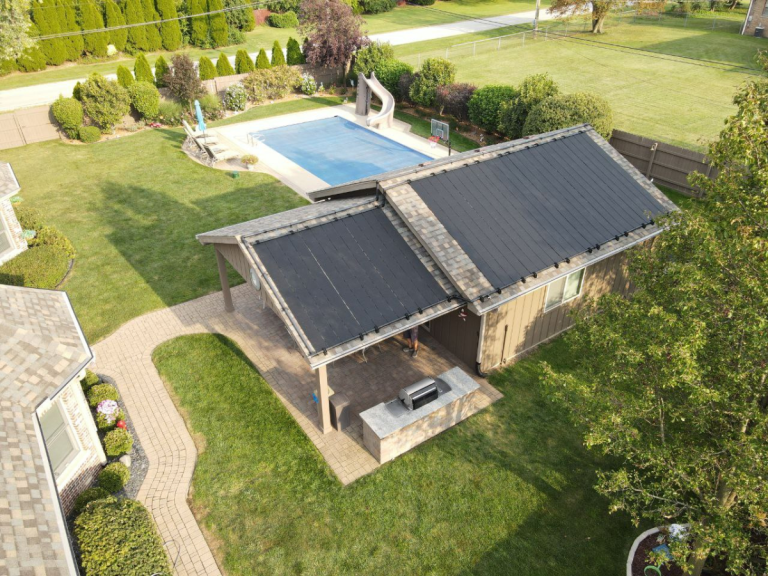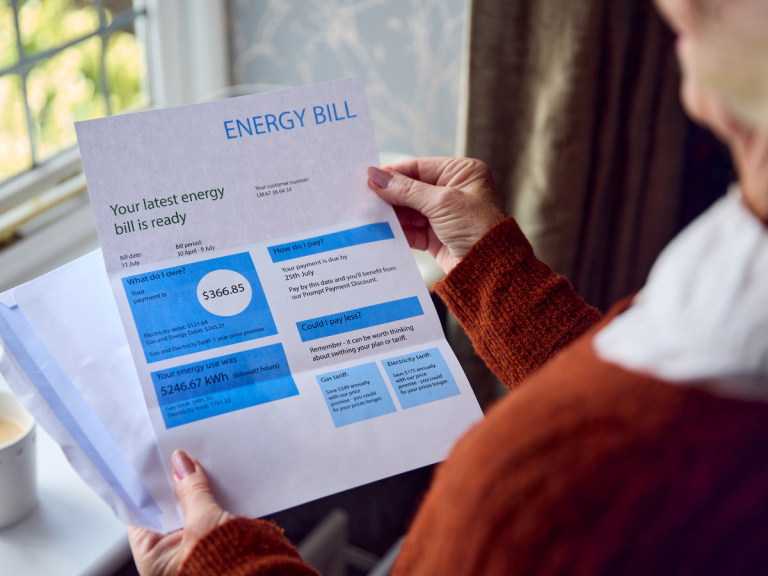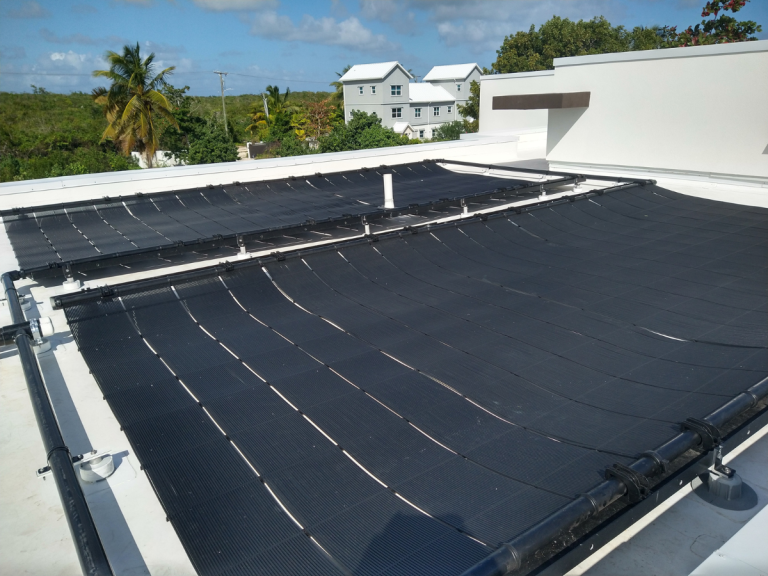
How Does a Solar Pool Heater Compare to a Gas Heater?
When considering how to heat your pool, two main options usually come up time and time again—solar pool heating and gas heating. The best option for you can depend on factors like where you live, the size of your pool, and how often you want to use it. However, these two heating solutions can be compared more generally to help you assess which might be better for you.
How do Both Pool Heating Solutions Work?
Solar Pool Heaters:
A solar pool heater, like our industry-leading Heliocol Solar Pool Heating System, works by capturing the sun’s warmth using solar collectors. These panels use a pump to circulate the pool water through the system, where it is heated by the sun before returning to the pool. Heliocol systems, in particular, are known for their high efficiency, with 2024 data from the Solar Energy Industries Association (SEIA) showing that they can convert up to 85% of the sun’s energy into heat for your pool.
Gas Pool Heaters:
On the other hand, a gas pool heater operates by burning natural gas or propane to generate heat in a combustion chamber. The water passes through the chamber, is heated, and is then returned to the pool. While gas heating can raise the pool temperature more quickly than solar, it is far less energy-efficient; with gas heaters operating at about 60-75% efficiency, depending on the model, but at a significantly higher operational cost.

What are the Differences in Operating Costs for Solar Pool Heating and Gas Heater?
One of the biggest reasons homeowners are shifting to solar pool heating is the difference in operating costs. Here’s how they compare:
Solar Pool Heating:
Solar heating systems have zero ongoing energy costs once installed. The sun provides free energy, and the only cost is the electricity needed to run the pump, which is minimal. According to 2024 data from HomeAdvisor, solar pool heating can reduce overall pool heating costs by up to 70% compared to traditional heating methods. On average, solar pool heaters like Heliocol save homeowners up to $1,000 per year in energy costs from their traditional pool heating methods, depending on usage.
Gas Heater:
Gas heaters, by comparison, come with much higher operational costs. A typical gas heater can cost homeowners between $200 to $500 per month during peak swimming seasons. The price fluctuates based on natural gas or propane rates, and over time, as gas heaters degrade, their maintenance costs increase, further driving up expenses.
Additionally, Heliocol solar panels are built to last. With a lifespan of 15+ years, backed by a 12-year Manufacturer Warranty, they outlast most gas heaters, which typically last up to 10 years.
Efficiency and Environmental Impact
Solar Pool Heaters:
Solar pool heating systems are by far the most energy-efficient option for pool owners. Heliocol systems are designed to perform even in less-than-ideal weather conditions, and their efficiency doesn’t degrade over time. Our solar pool heating systems can reduce a pool’s carbon footprint by as much as 90%, making it one of the most eco-friendly choices available. Furthermore, solar energy is renewable and doesn’t produce harmful emissions like gas heaters do.
Gas Pool Heaters:
While gas heaters are effective at quickly heating water, they come with a larger environmental impact. According to 2023 data from the Environmental Protection Agency (EPA), gas heaters can emit up to 50 pounds of CO2 per hour of use, contributing to greenhouse gas emissions. For homeowners who are environmentally conscious, solar pool heating is a much greener solution.

When Should Each Form of Pool Heating be Used?
Gas Heater:
Gas heating is best for homeowners who live in colder regions or use their pool infrequently. Because gas heaters can raise the temperature quickly, they are ideal for occasional use, such as heating smaller pools or hot tubs. However, due to high operational costs, gas heaters are less suited for year-round pool use.
Solar Pool Heating:
Solar heating is the clear choice for those who live in warmer climates where there is abundant sunlight throughout the year. In these regions, solar pool heating can extend your swim season by several months, as reported that those in sun-rich states can expect a 30-50% longer swim season with solar heating compared to gas. Additionally, solar heaters require little to no maintenance, making them a low-hassle solution for frequent pool users.
Our solar pool heating systems offer homeowners not only a cost-effective way to keep their pool warm but also an environmentally friendly alternative to gas heaters. With lower operational costs, longer lifespans, and no harmful emissions, solar heating remains the superior choice, especially for homeowners in sunny states. If you’re looking to save money, reduce your carbon footprint, and enjoy an extended swim season, solar pool heating is the way to go.


